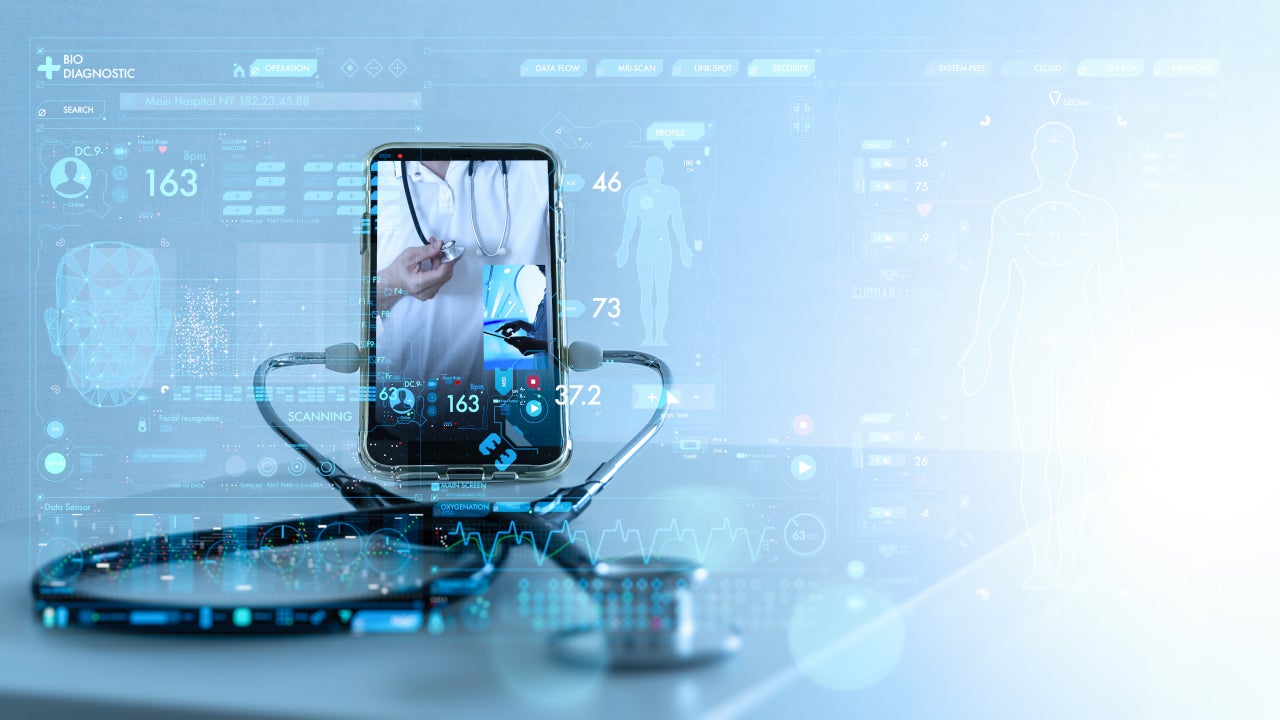
Digital technologies are expected to be used in clinical trials even post the pandemic due to the benefits they offer.
In a poll Verdict has conducted to assess the main benefits of using digital health technologies in clinical trials, a majority 45% of the respondents opined that digital clinical trials improve data collection (24%) and enable the remote monitoring of patients (21%).

Discover B2B Marketing That Performs
Combine business intelligence and editorial excellence to reach engaged professionals across 36 leading media platforms.
Cost-saving was considered as the main benefit by 17% of the respondents, while continuous and passive monitoring of patients was voted by 14% of the respondents.
Improved patient retention, patient recruitment and reduced burden on staff were voted as the main benefits by a lesser 10%, 9% and 5% of the respondents, respectively.

The analysis is based on 189 responses received from the readers of Clinical Trials Arena, a Verdict network site, between 08 February and 18 May 2021.

US Tariffs are shifting - will you react or anticipate?
Don’t let policy changes catch you off guard. Stay proactive with real-time data and expert analysis.
By GlobalDataBenefits offered by digital health technologies in clinical trials
The traditional approach to conducting clinical trials no longer seems feasible especially in the face of unforeseen incidents such as the COVID-19 pandemic. Patient enrolment is the biggest challenge in clinical trials, which was compounded by the pandemic causing more than 58% of clinical trials to be disrupted as of June 2021, according to GlobalData.
Life sciences companies are increasingly adopting digital health technologies such as wearables, sensors and other digital devices to conduct virtual or decentralised clinical trials and address these issues. Digital health technologies provide patients with the autonomy to participate in a trial remotely thereby improving participation and retention.
Digital technologies can also enable better patient monitoring by collecting data passively in real-time and providing a holistic view of a patient’s health in addition to understanding treatment response. Furthermore, they enable cost reduction and minimise risk to subjects, while maintaining trial timelines.





